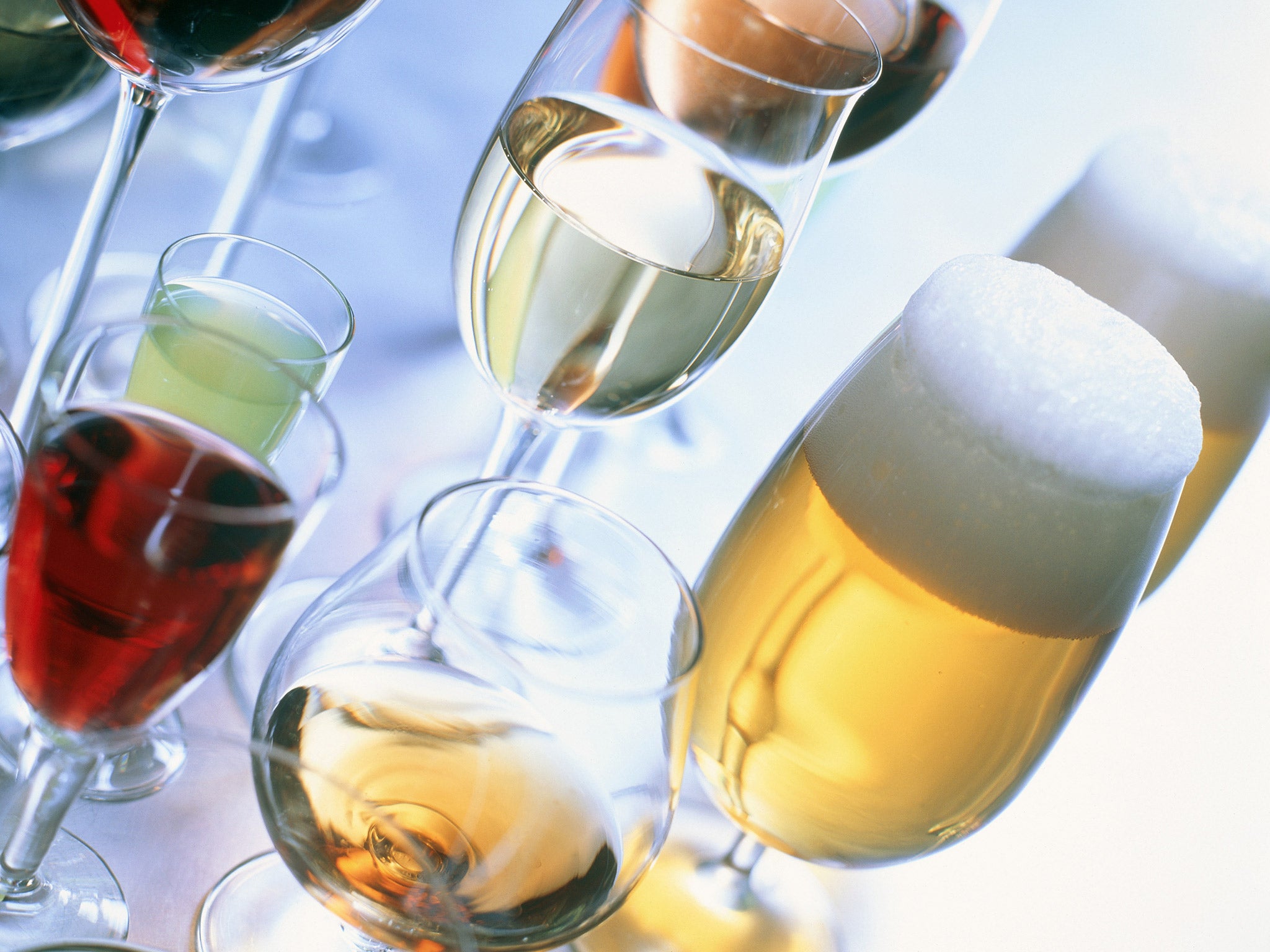UK sees deflation again in October as wine and spirits get cheaper
Inflation has now hovered around zero for nine straight months as oil prices plunge and food prices fall

A second month in a row of falling prices sparked predictions yesterday that Britain is on course this year for its lowest annual inflation rate since the 1930s.
The official consumer prices index showed that prices in the year to October fell by 0.1 per cent – unchanged from the previous month and the first time that the CPI has shown annual price declines for two months in a row.
Inflation has now hovered around zero for nine straight months as oil prices plunge and food prices fall, the Office for National Statistics (ONS) reported.
The latest instance of negative inflation means there is little immediate pressure on the Bank of England to raise interest rates from their current record low of 0.5 per cent. But it prolongs the sweet spot for UK consumers enjoying real-terms wage rises after years of pain.
Michael Saunders, Citigroup’s chief UK economist, said the UK was on course for inflation of just 0.1 per cent in 2015. That would be the lowest annual CPI reading since 1989, when the benchmark was introduced, and the lowest overall since 1933 – the year Adolf Hitler came to power – according to the ONS’s historic inflation estimates.
“To be sure, the weakness in inflation is exaggerated by the last year’s sharp drop in oil prices. But the general conditions of ‘low flation’ are widespread,” Mr Saunders warned.
Nearly half of the items in the CPI basket of goods show negative inflation, he added.
The Bank of England recently predicted that inflation would not rise above 1 per cent until the second half of next year, and only reach the Bank’s 2 per cent target in two years, based on market forecasts of no interest rate hikes until early 2017.
The detailed figures show dearer clothes were offset by food, alcohol and tobacco dragging down inflation. A 0.4 per cent decrease in alcohol and tobacco prices between September and October marked the first time prices have fallen in this category between these two months since 2009, as well as the biggest decline from September to October since the ONS’s records began in 1996.
However, “core inflation” – stripping out volatile products such as food, drink and energy bills – rose to 1.1 per cent in October, while economists expect the effect of the recent oil declines falls to drop out of inflation figures next year.
Rob Wood, an economist at Bank of America Merrill Lynch, said: “Petrol is the main reason why we are confident that inflation has [bottomed out]. As long as oil prices follow the current futures curve, petrol price inflation should rise from minus 14 per cent in October to about 0 per cent in February, adding about half a percentage point to CPI inflation.”
Falling prices have not spread to the housing market, however, as UK property prices rose 6.1 per cent in the year to September, up from 5.5 per cent the previous month.
Subscribe to Independent Premium to bookmark this article
Want to bookmark your favourite articles and stories to read or reference later? Start your Independent Premium subscription today.

Join our commenting forum
Join thought-provoking conversations, follow other Independent readers and see their replies